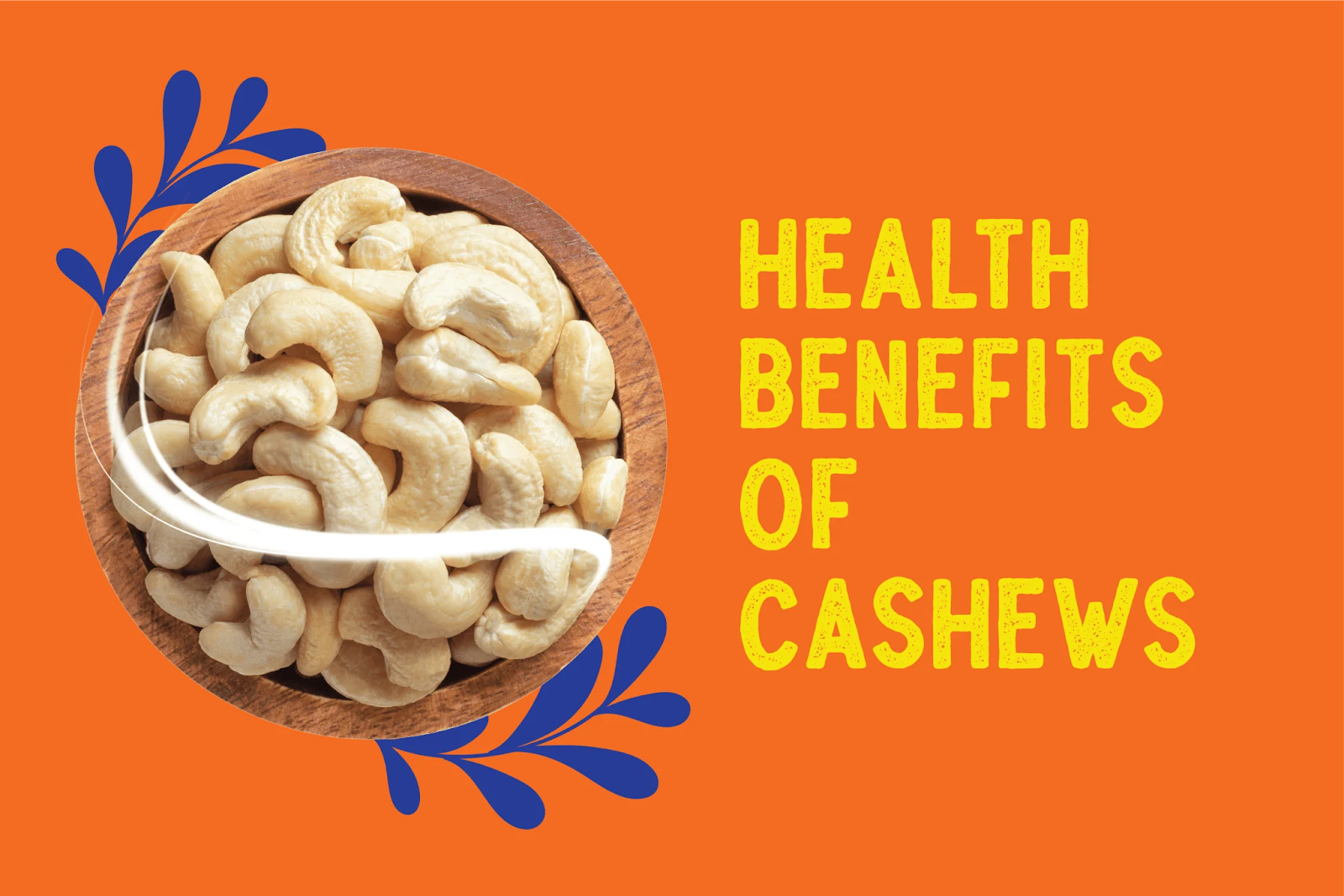A cashew is a type of nut that comes from the cashew tree, scientifically known as Anacardium occidentale. It is native to northeastern Brazil but is now cultivated in various tropical regions around the world, including parts of Asia, Africa, and Central America.
The cashew nut is kidney-shaped and grows attached to the bottom of a fleshy, pear-shaped fruit called the cashew apple. The cashew apple is also edible and has a sweet, tangy flavor. However, it is not as commonly consumed as the cashew nut.
Cashews are popular in culinary applications due to their
rich, creamy texture and mild, nutty flavor. They are often used in both savory
and sweet dishes, as well as in various forms such as whole, roasted, salted,
or ground into a paste (commonly used in vegan and dairy-free recipes).
It's important to note that cashews, like other nuts, are a
good source of healthy fats, protein, and various essential nutrients,
including vitamins, minerals, and antioxidants. They are a versatile ingredient
in cooking and are enjoyed around the world.
Cashews are a nutrient-dense nut, providing a range of
essential nutrients. Here is the approximate nutritional value of a 1-ounce (28
grams) serving of raw, unsalted cashews:
Calories: 157 kcal
Protein: 5 grams
Fat: 12 grams
Saturated fat: 2 grams
Monounsaturated fat: 7 grams
Polyunsaturated fat: 2 grams
Carbohydrates: 9 grams
Dietary fiber: 1 gram
Sugars: 2 grams
Vitamins and minerals (approximate percentages of
recommended daily intake):
Magnesium: 20%
Phosphorus: 13%
Copper: 34%
Manganese: 33%
Zinc: 11%
Iron: 11%
Selenium: 6%
Vitamin K: 9%
Vitamin B6 (Pyridoxine): 7%
Folate: 6%
Niacin (B3): 7%
Thiamin (B1): 7%
Cashews are a particularly good source of minerals like
magnesium, phosphorus, copper, and manganese. They are also rich in healthy
monounsaturated and polyunsaturated fats, which contribute to heart health.
Additionally, they contain a moderate amount of protein and dietary fiber, making
them a satisfying snack.
Keep in mind that these values can vary slightly based on
factors like roasting, salting, or other forms of processing. For example,
salted cashews will have a higher sodium content. If you have specific dietary
concerns or restrictions, it's always best to refer to specific product labels
or consult a nutritionist.
Cashew nuts offer a range of benefits, both in terms of
natural nutrition and potential health effects when consumed in moderation.
Here are some of the benefits of cashew nuts:
Naturally:
Rich Source of Nutrients: Cashews are packed with essential
nutrients including vitamins (such as B vitamins), minerals (like magnesium,
copper, and phosphorus), and antioxidants.
Healthy Fats: They contain heart-healthy monounsaturated and
polyunsaturated fats, which can help improve cholesterol levels.
Protein Content: Cashews are relatively high in protein for
a nut, which is essential for muscle repair and growth.
Dietary Fiber: They provide dietary fiber which aids in
digestion and helps maintain a healthy digestive system.
Magnesium for Bone Health: Cashews are a good source of
magnesium which is important for maintaining strong and healthy bones.
Copper for Metabolism: They're rich in copper, which is
vital for energy production and maintaining healthy connective tissues.
Antioxidants: They contain antioxidants like zeaxanthin and lutein, which are important for eye health.
Medically (when consumed in moderation):
Heart Health: The monounsaturated and polyunsaturated fats in cashews can help lower "bad" LDL cholesterol levels, reducing the risk of heart disease.
Weight Management: Despite being calorie-dense, the fiber,
protein, and healthy fats in cashews can help increase feelings of fullness,
potentially aiding in weight management.
Blood Sugar Control: Cashews have a relatively low glycemic
index and may help regulate blood sugar levels.
Bone Health: The magnesium, phosphorus, and calcium in cashews
contribute to healthy bones.
Reduced Risk of Gallstones: Some studies suggest that
regular consumption of nuts, including cashews, may be associated with a lower
risk of developing gallstones.
Cognitive Health: Cashews are a source of nutrients like
antioxidants and omega-3 fatty acids, which may contribute to brain health.
Skin and Hair Health: The vitamins and minerals in cashews
can contribute to healthy skin and hair.
While cashews have numerous health benefits, it's important
to consume them in balance. They are calorie-dense, and excessive
consumption could lead to weight gain if not balanced with an overall healthy
diet and lifestyle. Additionally, if you have allergies or specific dietary
concerns, it's best to consult a healthcare professional or nutritionist.



0 Comments